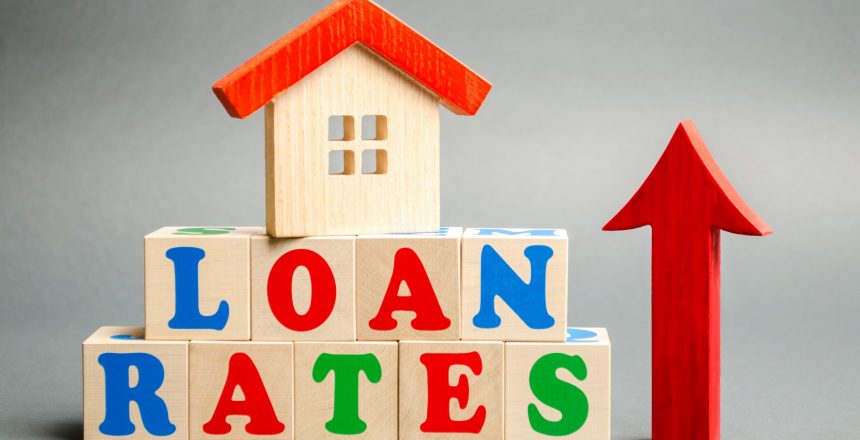After 138 months, the Reserve Bank of Australia (RBA) has decided to increase the official cash rate by 25 basis points to 0.35 per cent in response to increasing inflation pressures.
The latest inflation data showed Australia had recorded the highest quarterly and annual increase in more than two decades.
The last time the RBA increased interest rates was in November 2010. The official cash rate has been at a record low of 0.1 per cent since November 2020.
The potential for further rate rise, increase in your mortgage repayment and the rise in the price of petrol will significantly impact your budget and your chances of getting a home loan.
Mortgage holders have been warned to prepare for a double rate rise. The cash rate is largely expected to jump by 1 per cent by the end of this year and reach 1.25 per cent next year.
Lenders are likely to lift mortgage rates in line with the cash rate increase, which may result in big changes to variable home loan repayments.
With the cash rate rising, what changes should you expect from your home loan?
With the increase in cash rate, most of the major banks have increased their standard variable rates by .25%. If you have a loan of $500,000 and the rate you are currently on with your bank is 2% on a variable rate loan product, your repayment is $1,848 per month. With the .25% increase in the cash rate, expect your interest rate to go up to 2.25% and your monthly repayment to go up to $1,911. It may not be much today but if the cash rate were to rise to let’s say 1.50% by the end of this year, your repayment can go up to $2,245 a month. That’s a difference of $397 a month. That’s a massive dent in your budget. Imagine if your loan is $1,000,000.
Will the rate rise affect your borrowing capacity?
Absolutely! If you are earning $100,000 a year with just a $5,000 credit card limit, expect to see your borrowing capacity to fall by $68,000 from $740,000 to $672,000. A single first home buyer on an income of $75,000 annually can borrow up to $480,000 on an interest rate of 2.99% but if the rate were to rise to 4.09%, then borrowing capacity will reduce down to $437,000.
Read more about how your living expenses affect your borrowing capacity here.
Changes in the interest buffer rate
Late last year, APRA decided that lenders should increase the buffer from 2.5% PA to a minimum of 3% pa above the loan product rate. When you apply for a loan, the lender wants to know that you will be able to repay the money owing. So when they assess your servicing capacity (how much money you have left over at the end of each month allowing you to repay the loan), they do not just calculate if you can repay the loan on the current interest rate (e.g. 2.5% pa), but they have been adding a buffer of 2.5% pa to ensure you can still service the loan in the event of future interest rate increases or other unexpected financial events.
For example, if the interest rate for the loan at the time of offer is 2.5% pa, the lender will assess your application as though you are applying for a loan with an interest rate of 5% pa. This is called the interest rate buffer. With a higher buffer, expect your borrowing capacity to further decrease.
What should you do before the rates start rising?
It’s great to start with a few new habits. Paying more than the required monthly repayment will put more funds into your redraw. This will help build your emergency funds. You can also start reducing your credit card debts or paying down your personal loans as quickly as you can. This will help improve your cash flow.
Your mortgage payments are likely to be the largest expense within your budget. Years of ultra-low rates have helped many Australians pay down their home loans faster. An interest rate hike will increase your mortgage repayment. Be ahead of the game by spending mindfully, managing your expenses and debts, and building an emergency fund. Have your home loan reviewed by your bank or mortgage broker to ensure that you have the most appropriate home loan for your personal situation and to help you prepare for the challenging months and years ahead.
This article is for general information only and should not be considered personal financial advice. Before making a financial decision, you should seek independent advice from a mortgage broker, financial planner or an accountant.
Maria Papa is a senior property and finance expert specialising in home loans, investment loans, self-employed loans, alt doc loans, car loans, personal loans and loan protection. She has offices in Sydney, Melbourne and Manila. If you have questions, you can call Maria at 0430 144 008 or email her at mpapa@maverickfinance.com.au


